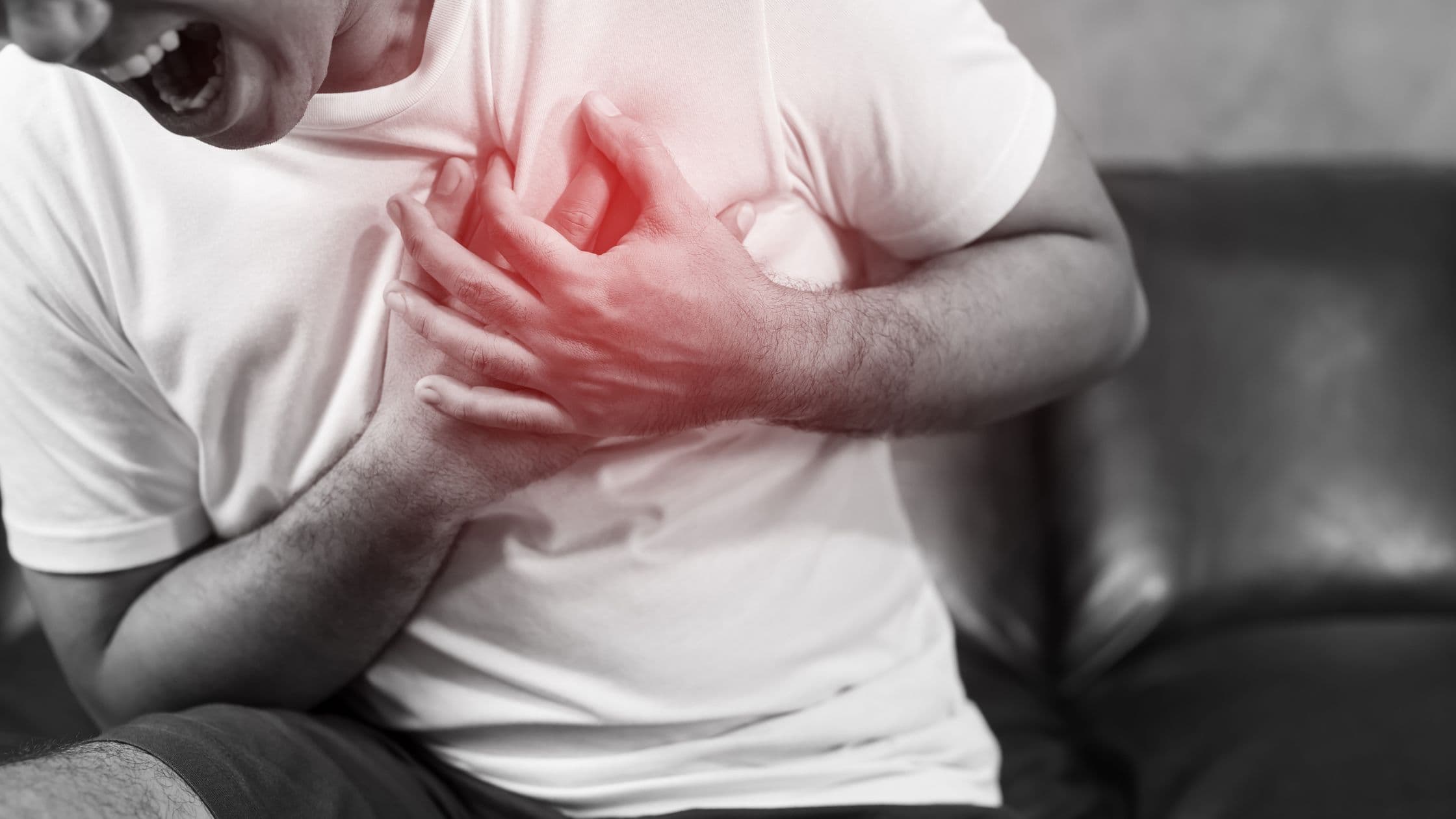Understanding and Managing GERD and Heartburn
Heartburn, that uncomfortable burning sensation in your chest, is a common experience for many people. But what if the burn just won't quit, and it starts to disrupt your daily life? This might be a sign of gastroesophageal reflux disease (GERD), a chronic digestive condition. Let's delve deeper into GERD and heartburn, exploring the causes, potential complications, and effective management strategies.

Understanding Heartburn and GERD:
- Heartburn Defined: Heartburn is a symptom, not a disease itself. It's caused by stomach acid flowing back up into the esophagus, the tube that connects your mouth to your stomach. This backflow irritates the lining of the esophagus, causing the burning sensation we call heartburn.
- GERD Explained: When heartburn occurs frequently (twice or more a week) and disrupts your daily life, it might be indicative of GERD. GERD is a chronic digestive condition where the lower esophageal sphincter (LES), the muscular valve at the bottom of the esophagus, weakens or relaxes inappropriately. This allows stomach acid to flow back up into the esophagus, leading to persistent heartburn and other potential complications.
Common Causes of Heartburn and GERD:
Several factors can contribute to heartburn and GERD, including:
- Diet: Certain foods and beverages, such as spicy or fatty foods, citrus fruits, tomato-based products, chocolate, peppermint, and alcohol, can relax the LES and worsen heartburn.
- Caffeine and Carbonated Drinks: Caffeine and carbonated beverages can increase stomach acid production and irritate the esophagus, contributing to heartburn.
- Certain Medications: Some medications, like aspirin, ibuprofen, and some antidepressants, can irritate the stomach lining and worsen heartburn.
- Being Overweight or Obese: Excess abdominal weight puts pressure on the stomach, increasing the chances of stomach acid refluxing into the esophagus.
- Pregnancy: Hormonal changes during pregnancy can weaken the LES, leading to heartburn.
- Hiatal Hernia: A hiatal hernia occurs when part of the stomach pushes through the diaphragm (the muscle separating your chest from your abdomen) into the chest cavity. This can weaken the LES and contribute to GERD.

When Heartburn Becomes GERD: Recognizing the Signs
While occasional heartburn is common, persistent heartburn or heartburn accompanied by certain symptoms might indicate GERD. Here are some red flags to watch out for:
- Frequent heartburn (twice or more a week)
- Heartburn that disrupts sleep (nighttime heartburn)
- Chest pain or pressure
- Regurgitation (acidic taste in your mouth)
- Difficulty swallowing
- Feeling like you have a lump in your throat
Potential Complications of GERD:
If left unmanaged, GERD can lead to serious complications, including:
- Esophagitis: Chronic inflammation of the esophagus due to repeated acid exposure.
- Esophageal ulcers: Open sores in the lining of the esophagus caused by stomach acid.
- Esophageal stricture: Scarring in the esophagus that narrows the passage of food.
- Barrett's esophagus: A precancerous condition that can develop in the lining of the lower esophagus due to chronic acid reflux.
Managing GERD and Heartburn: Effective Strategies
The good news is that GERD and heartburn are manageable. Here are some effective strategies to reduce symptoms and improve your quality of life:
- Lifestyle Modifications:
- Dietary changes: Identify and avoid trigger foods that worsen your heartburn.
- Weight management: Losing excess weight can significantly reduce pressure on the stomach and alleviate heartburn.
- Smoking cessation: Smoking weakens the LES and irritates the esophagus. Quitting smoking is crucial for managing GERD.
- Elevated sleep position: Elevate the head of your bed by 6-8 inches using wedges or blocks. This helps prevent stomach acid from flowing back up the esophagus while you sleep.
- Loose-fitting clothing: Tight clothing around the abdomen can put pressure on the stomach and worsen reflux.
- Medications: Several medications can help manage GERD, including:
- Antacids: These neutralize stomach acid and provide quick relief from heartburn.
- H2 blockers: These medications reduce stomach acid production.
- Proton pump inhibitors (PPIs): The most potent class of medication for GERD, PPIs significantly reduce stomach acid production and promote healing of the esophagus.